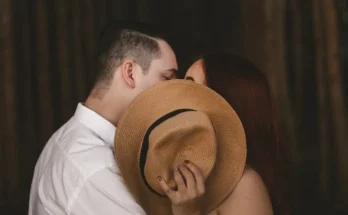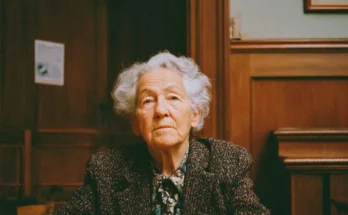Jack wasn’t my biological father, but he was the man who showed up when my world fell apart. I was ten when my dad died, and grief made me bitter. When Mom remarried, I saw Jack as an intruder. But he never tried to replace anyone—he simply stayed. He helped with homework, paid for tutors, cheered at my graduation, and quietly became the backbone of my life.
Fifteen years later, Jack was funding my wedding. I should’ve felt joy, but something was off. He’d grown distant, brushing off conversations and disappearing for hours. I asked Mom, but she dismissed it as work stress. Still, my gut told me something deeper was brewing.
Minutes before the ceremony, I found Jack alone in a side room. His face was unreadable—cold, distant. “I can’t walk you down the aisle,” he said. My heart dropped. “Why not?” I asked, stunned.
His voice cracked: “Because you’re not my daughter.”
I felt like the floor vanished beneath me. After everything—years of love, support, sacrifice—how could he say that? Tears blurred my vision. “What are you talking about?”
Then Jack pulled out a document. It was a letter from my late father, written before his death. In it, he asked Jack to raise me, to love me, but never to replace him. Jack had honored that wish for years. But walking me down the aisle, he said, felt like crossing a line—like erasing the man who gave me life.
“I love you, Amelia,” Jack said, voice trembling. “But this moment belongs to your father. I’ll be right behind you, always. Just not in front.”
I walked down the aisle alone, but not unloved. Jack stood in the crowd, tears in his eyes, pride in his heart. And I understood: sometimes love means stepping back, not because you don’t care—but because you care too much.


